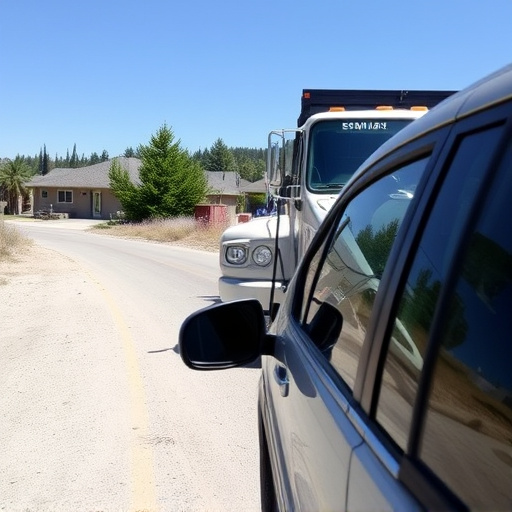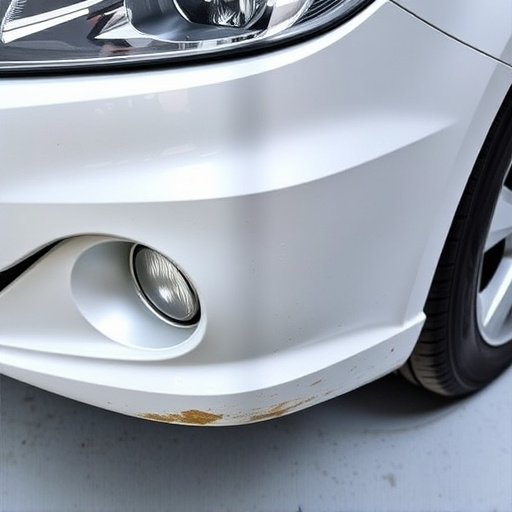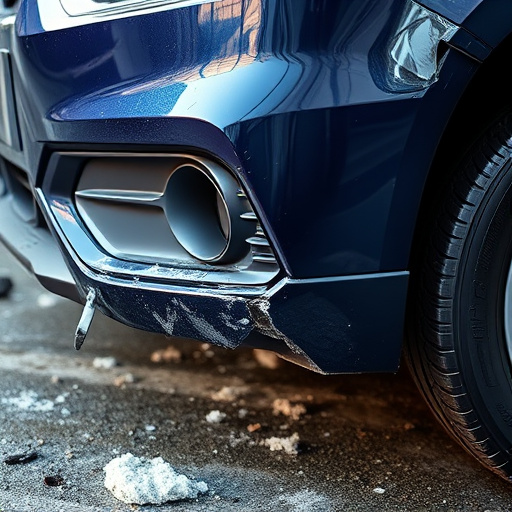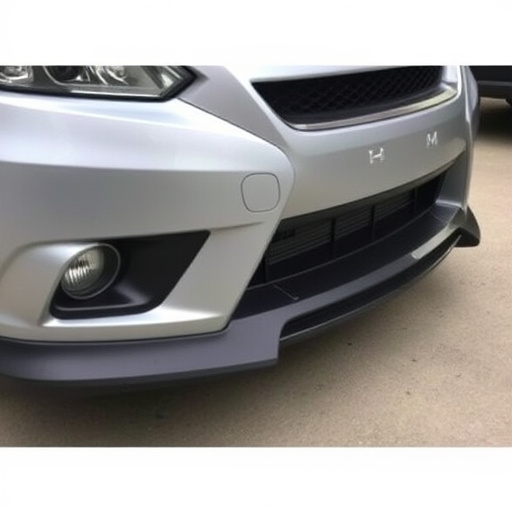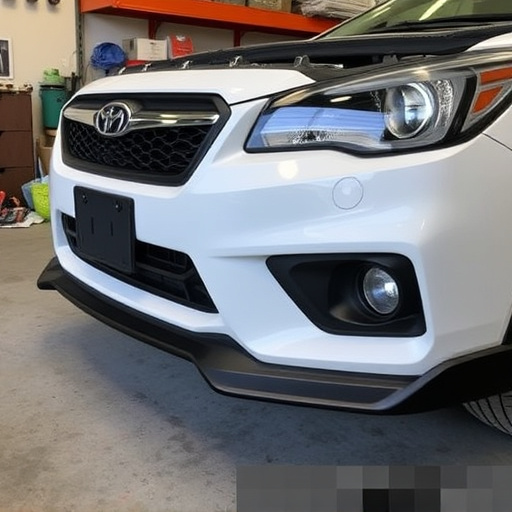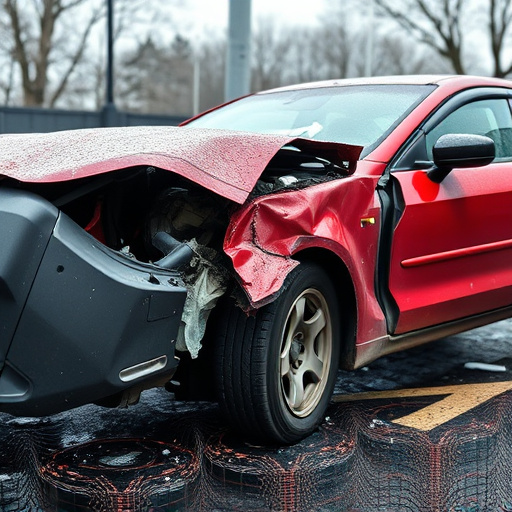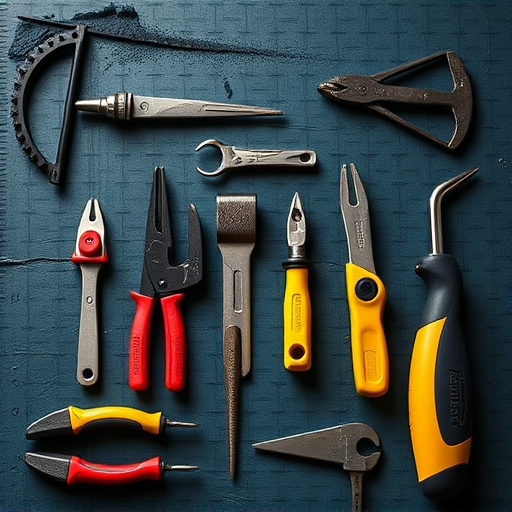The repair approval process is a multi-party collaboration between insurers, collision repair shops, and policyholders to accurately estimate costs for auto body repairs after an accident. This process involves damage assessment, digital imaging, and detailed inspection to establish scope of work, ensuring transparent pricing and preventing overcharging. Adaptive and standardized procedures using digital tools provide reliable cost estimates, fostering trust and customer satisfaction throughout the repair journey.
The repair approval process is a critical component in ensuring accurate cost estimates for facilities management. By meticulously evaluating and approving repair proposals, organizations can mitigate budget overruns and make informed decisions. This article delves into the intricacies of the repair approval process, elucidating how it acts as a safeguard for financial precision. We explore best practices to optimize estimation, leveraging the repair approval process as a strategic tool for cost control.
- Understanding the Repair Approval Process
- How Approval Process Ensures Cost Accuracy
- Best Practices for Efficient Estimation
Understanding the Repair Approval Process

The repair approval process is a critical step in ensuring accurate cost estimates for automotive collisions and autobody repairs. It involves several key players: insurance providers, collision repair shops, and policyholders. When an individual experiences a vehicle accident, the first step is to notify their insurance company. The insurer then assigns a claim number and facilitates the initial assessment of the damage. This preliminary evaluation helps establish the scope of work required for autobody repairs.
During this process, trained professionals from both the insurance company and the collision repair shop thoroughly inspect the damaged vehicle. They document every detail, from dented panels to broken components, using digital imaging and detailed reports. Only after this thorough examination can a precise estimate of costs associated with automotive collision repair be generated. This includes labor, parts, and any additional services needed to restore the vehicle to its pre-accident condition.
How Approval Process Ensures Cost Accuracy
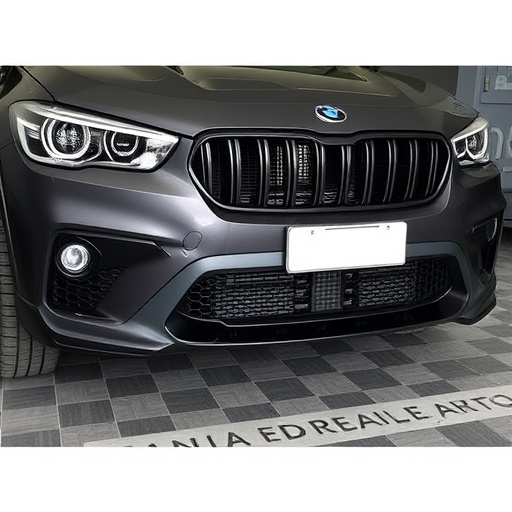
The repair approval process plays a pivotal role in maintaining the accuracy of cost estimates for auto repair services and car bodywork services. It acts as a quality control measure, ensuring that every repair job is authorized and aligned with the scope of work agreed upon by the client and service provider. This meticulous process involves careful review of damage assessments, part replacements, and labor costs before approval is granted. By meticulously scrutinizing each aspect of the repair plan, the approval process prevents overcharging and ensures clients receive transparent, accurate estimates for their auto body repairs.
Moreover, a robust repair approval process allows for dynamic adjustments to cost estimates as needed. If unforeseen challenges arise during the repair process, such as additional damage or availability of parts, the approval mechanism can be swiftly invoked to approve alternative solutions or revised pricing. This adaptability is crucial in mitigating unexpected costs and fostering trust between clients and service providers, ultimately contributing to a more seamless and satisfying experience for both parties.
Best Practices for Efficient Estimation
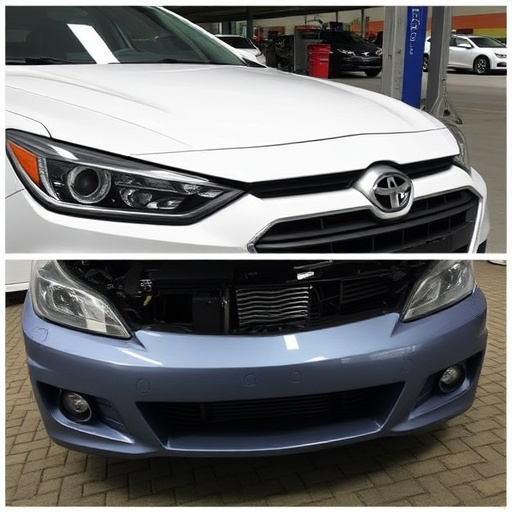
Efficient cost estimation is a cornerstone of any successful car repair shop. By implementing best practices aligned with the repair approval process, shops can significantly enhance their accuracy and customer satisfaction. One key practice involves leveraging detailed, standardized repair procedures. These ensure that estimators consider every aspect of potential automotive body work, from minor dents to extensive structural repairs. Standardization also simplifies the documentation process, reducing errors and promoting consistency.
Additionally, integrating digital tools into the estimation workflow is a game-changer. Software designed for these purposes allows for real-time updates, precise material costing, and quick adjustments based on changing circumstances. This technology enables estimators to account for all potential variables, from labor rates to market fluctuations in auto parts prices. As a result, shops can provide customers with more reliable cost estimates, fostering trust and ensuring transparency throughout the repair process.
The repair approval process serves as a cornerstone in ensuring accurate cost estimates. By meticulously evaluating and approving repairs, businesses can mitigate budget overruns and maintain client satisfaction. Understanding this process and adopting best practices for efficient estimation are essential steps towards delivering reliable services and managing costs effectively in the long run. Leveraging the repair approval process as a strategic tool allows for more precise project planning and successful outcomes.
